About
Climate Friendly Travel
Resources
Contact
Geoffrey Lipman, SUNx Co-founder info@thesunprogram.com
+32495250789
The World Bank Outlook 2050 Strategic Directions Note examines how the World Bank can help countries plan for and achieve long-term decarbonisation: through country programs, technical assistance, lending, and knowledge products. It identifies key trends in technology, markets, financing instruments, and consumer priorities, and examines their implications for climate action, economic growth strategies, and development. Supporting countries in a transition to long-term decarbonisation requires the World Bank to not only look 3–5 years ahead, roughly equivalent to typical election cycles, but look decades ahead, and then work with its clients to determine the near- and mid-term implications.
It will also mean supporting the implementation of economy-wide strategies as well as cross-sectoral initiatives, not only focusing on single-sector initiatives, such as individual energy or transportation projects. Coinciding with a need for a major, global economic recovery – triggered by the COVID-19 pandemic – this ‘whole of economy' approach to deliver better growth and a better climate could provide the sustainable and resilient foundation for countries as they build – or rebuild – their economies.
The Outlook 2050 approach prioritises four economy-wide strategic directions:
Source: Green Growth Knowledge Platform
Region: Global